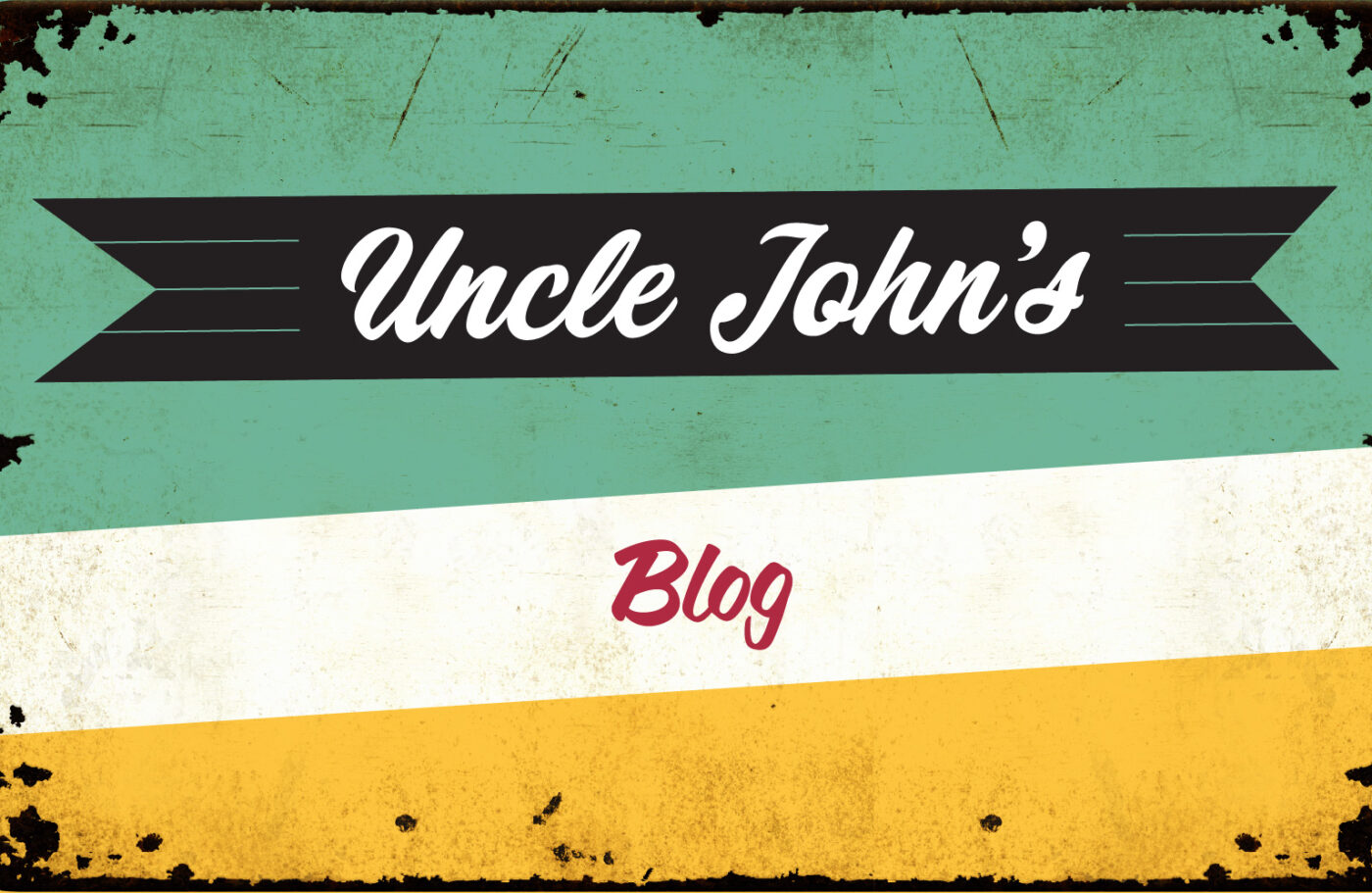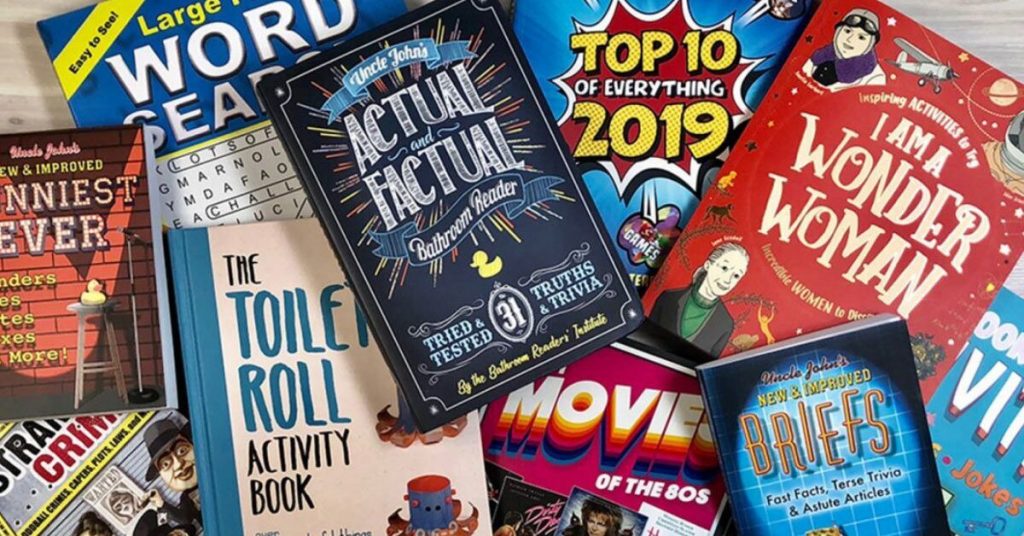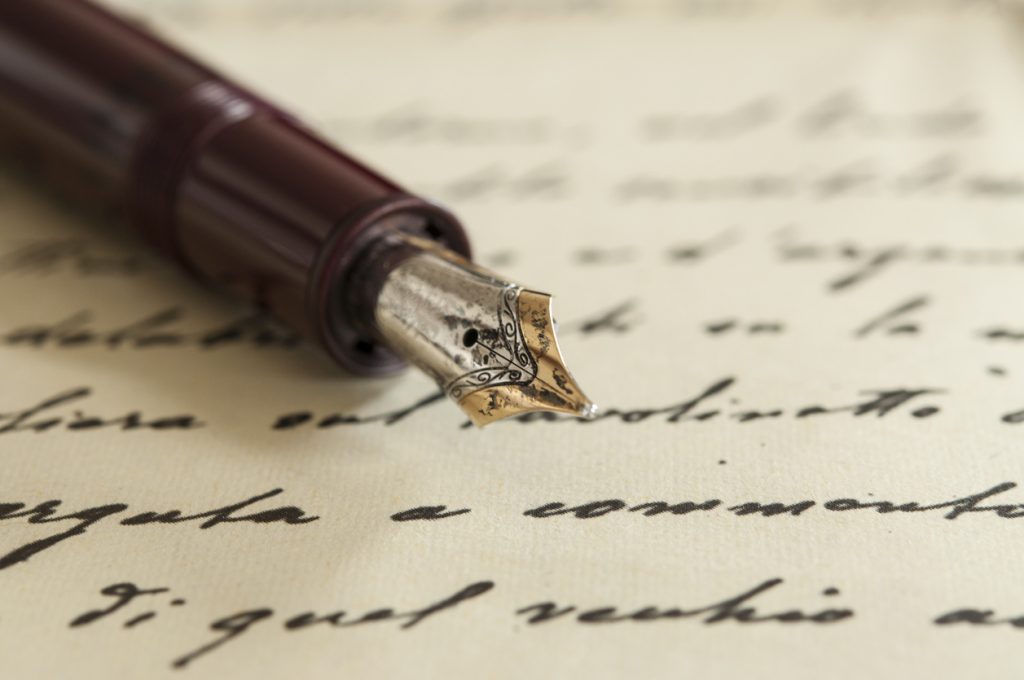We are celebrating poetry with these fascinating and interesting stories about some poetic titans of the English language.
Geoffrey Chaucer
Geoffrey Chaucer only published one work in his life, and he didn’t even finish it before he died, but fortunately that one work was The Canterbury Tales, the first work of narrative poetry in the English language and one of the first works of literature in English at all. He almost didn’t make it to the point where he wrote The Canterbury Tales between 1387 and 1400. In 1360, during the Hundred Years’ War, Chaucer was traveling through France, where he was kidnapped by the enemy. King Edward III paid the equivalent of $300,000 for his return.
John Milton
The English Civil War ended in 1651 with a temporary elimination of the monarchy, and Oliver Cromwell appointed Lord Protector. Poet and scholar John Milton, a loyal Cromwell follower, was named Minister of Foreign Languages. When Cromwell’s iron-fisted rule was forcibly ended with his beheading and the monarchy restored, Milton was arrested for being part of the hated Cromwell government. He was released in 1660 and essentially placed on house arrest at his country estate. There he had plenty of time to work on Paradise Lost, an epic English poem about the biblical fall of man, regarded as one of the finest works in the English language.
Samuel Taylor Coleridge
In 1797, poet Samuel Taylor Coleridge took a lot of opium, fell asleep and had a vivid dream about Xanadu, the paradise-like palace of Mongol emperor Kubla Khan. When he woke up, he furiously wrote down everything he saw in his extremely detailed dream…until a knock on his door made him completely lose his train of thought. Nevertheless, he still wrote a poem called “Kubla Khan,” which Coleridge believed was second-rate compare to what could have been.
William Blake
1780s poet William Blake might claim the status as history’s first comic book artist. He wrote and published his own poems, but he put his experience as an engraver and illustration to use, and accompanied his written works with art he made himself.










